Rapamycin
Recent articles
Maternal sleep apnea may contribute to autism-like traits in rats
Pups born to mothers that experience low oxygen during sleep have overactive mTOR signaling, which has been linked to some forms of autism.
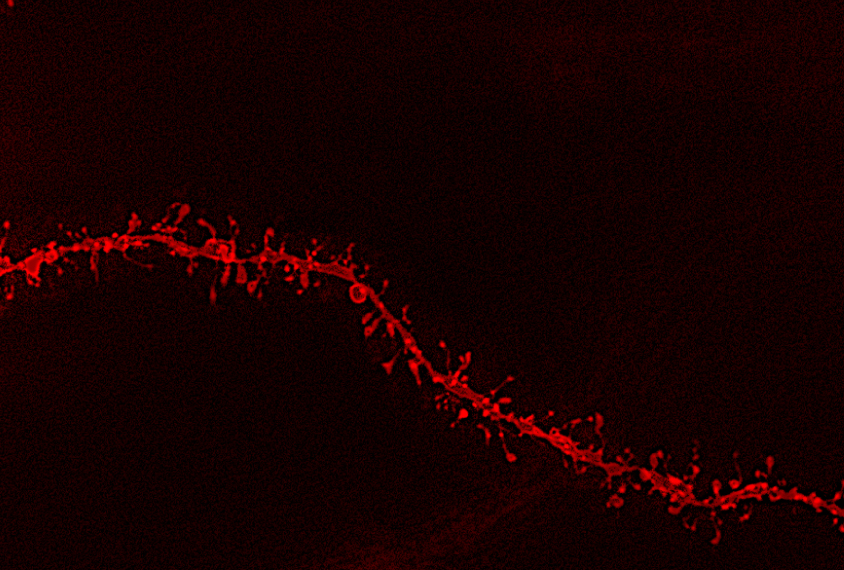
Maternal sleep apnea may contribute to autism-like traits in rats
Pups born to mothers that experience low oxygen during sleep have overactive mTOR signaling, which has been linked to some forms of autism.
Autism model mice develop typical social and motor behaviors after drug treatment
The drug suppresses an overactive signaling pathway implicated in tuberous sclerosis complex.
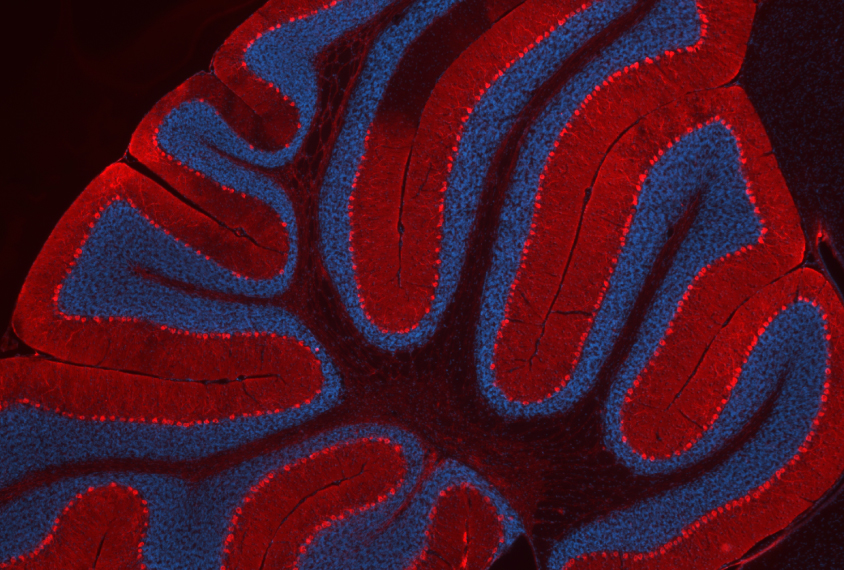
Autism model mice develop typical social and motor behaviors after drug treatment
The drug suppresses an overactive signaling pathway implicated in tuberous sclerosis complex.
Synaptic overgrowth, hyperconnectivity may define autism subtype
Model mice of the subtype also show hyperactivity in a signaling pathway called mTOR, bolstering the idea that distinct forms of autism have different biological roots and may require different treatment approaches.
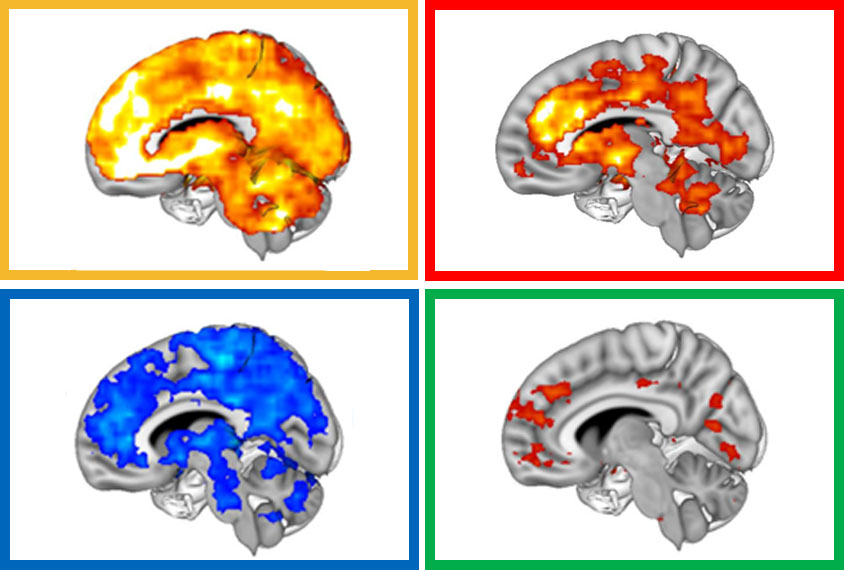
Synaptic overgrowth, hyperconnectivity may define autism subtype
Model mice of the subtype also show hyperactivity in a signaling pathway called mTOR, bolstering the idea that distinct forms of autism have different biological roots and may require different treatment approaches.
Molecular overlap links tuberous sclerosis, fragile X
Brain cells from the cerebellums of mice that model tuberous sclerosis show dampened levels of proteins controlled by FMRP, the protein missing in fragile X syndrome.
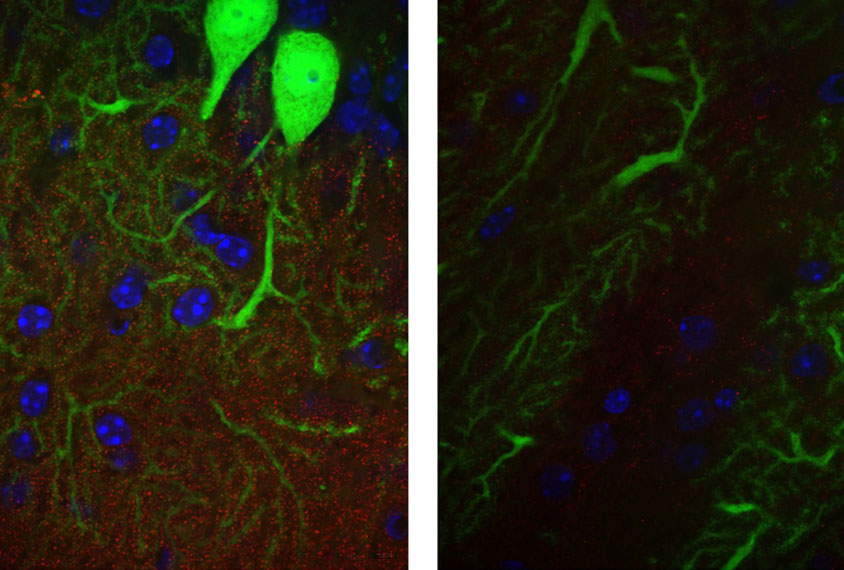
Molecular overlap links tuberous sclerosis, fragile X
Brain cells from the cerebellums of mice that model tuberous sclerosis show dampened levels of proteins controlled by FMRP, the protein missing in fragile X syndrome.
Brain’s motor hub plays unsung role in social skills, cognition
Long known as the director of movement, the cerebellum may also coordinate social and cognitive abilities, including those central to autism.
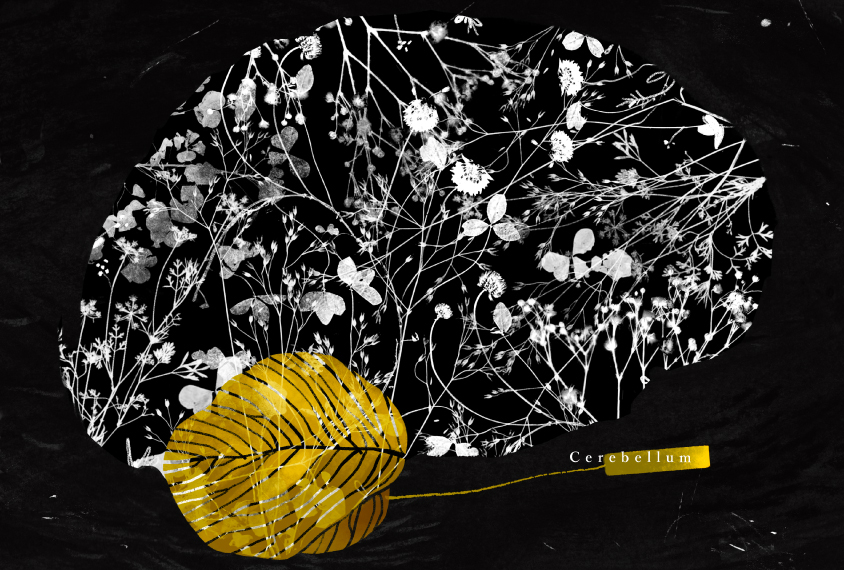
Brain’s motor hub plays unsung role in social skills, cognition
Long known as the director of movement, the cerebellum may also coordinate social and cognitive abilities, including those central to autism.
Mouse study reveals overlooked target for autism therapies
Blocking one form of an enzyme implicated in autism eases unusual behaviors and seizures in mice missing a top autism gene.
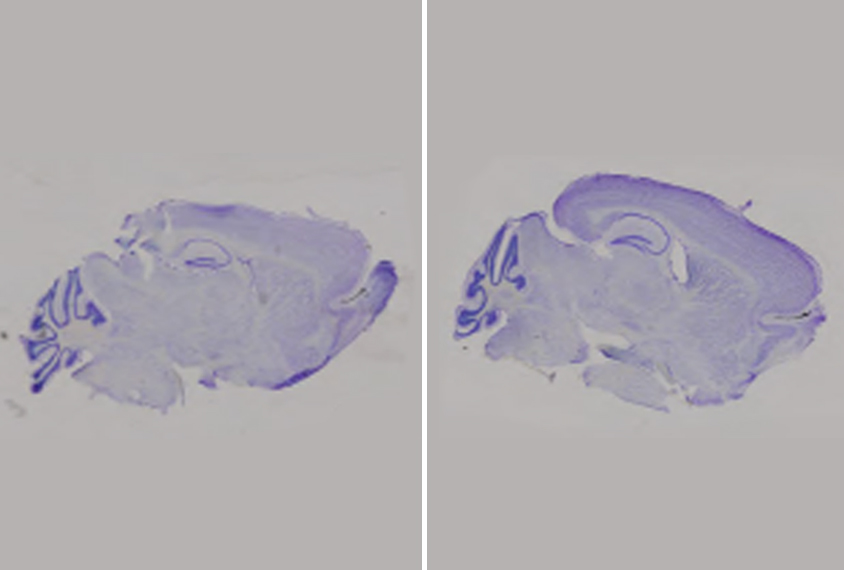
Mouse study reveals overlooked target for autism therapies
Blocking one form of an enzyme implicated in autism eases unusual behaviors and seizures in mice missing a top autism gene.
Studies of tuberous sclerosis may shed light on biology of autism
Tuberous sclerosis provides a unique opportunity to understand autism because about half of people with that single-gene condition also have autism.
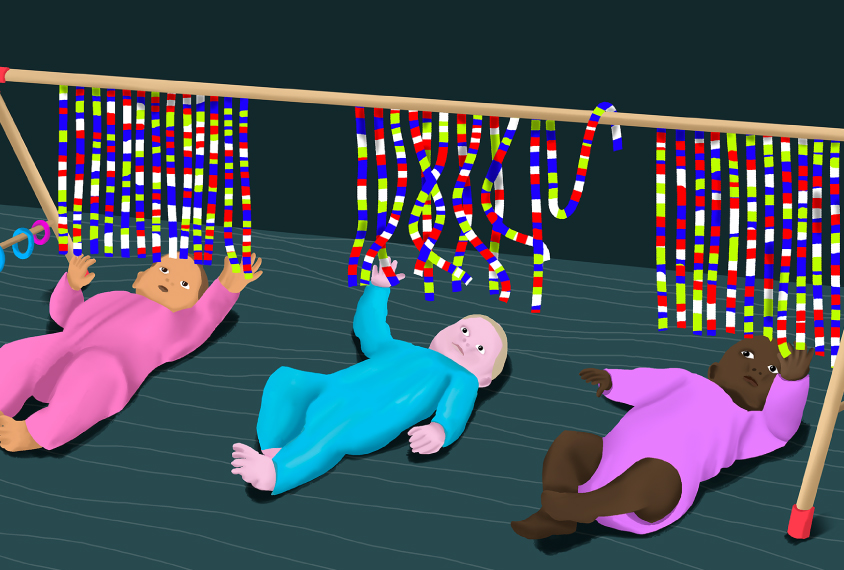
Studies of tuberous sclerosis may shed light on biology of autism
Tuberous sclerosis provides a unique opportunity to understand autism because about half of people with that single-gene condition also have autism.
Family ties: Sabatini brothers crack codes that may underlie autism
David and Bernardo Sabatini, brothers born just a year and a half year apart, invent their way to answering big questions about autism.
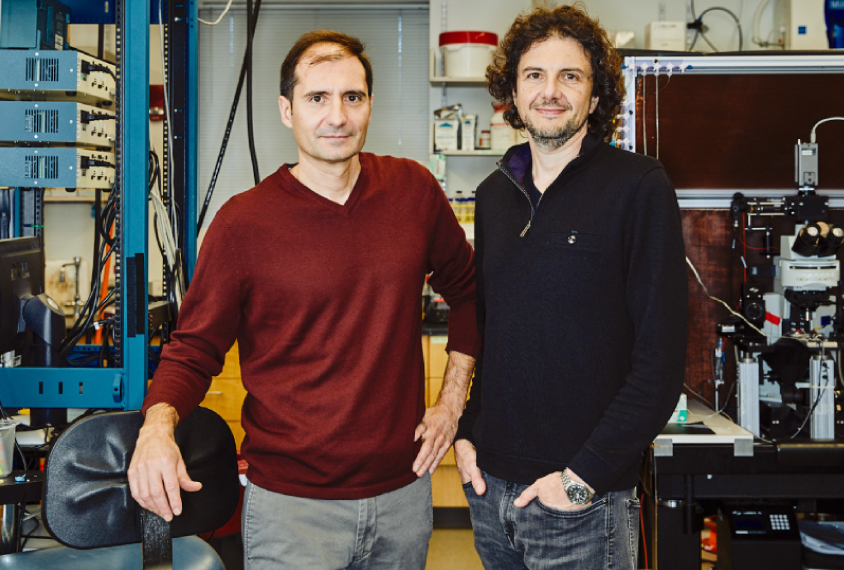
Family ties: Sabatini brothers crack codes that may underlie autism
David and Bernardo Sabatini, brothers born just a year and a half year apart, invent their way to answering big questions about autism.
Drug in trials for one autism-linked condition may worsen another
The drug rapamycin, which is in clinical trials as a treatment for tuberous sclerosis, may exacerbate features of fragile X syndrome, another condition related to autism.
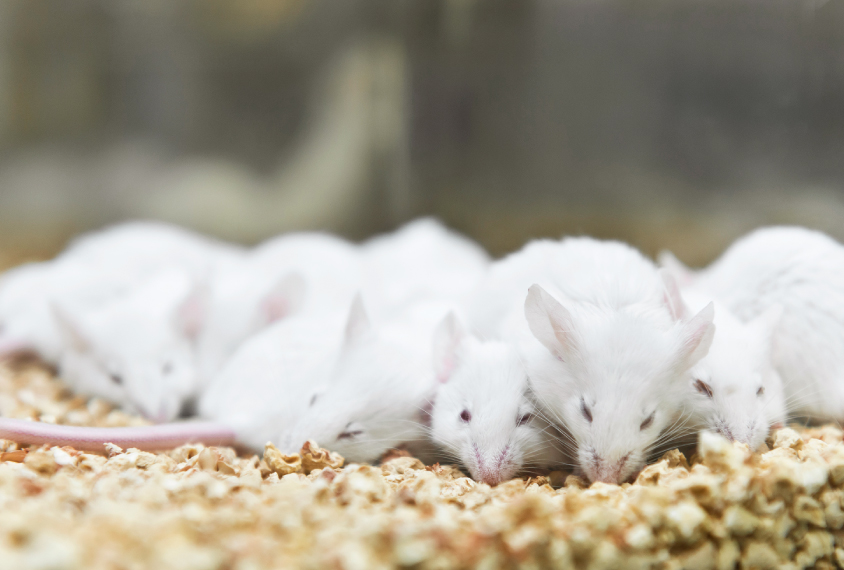
Drug in trials for one autism-linked condition may worsen another
The drug rapamycin, which is in clinical trials as a treatment for tuberous sclerosis, may exacerbate features of fragile X syndrome, another condition related to autism.
Cancer drug wards off seizures in mouse model of tuberous sclerosis
A drug called rapamycin prevents seizures in a mouse model of the autism-related condition tuberous sclerosis complex.
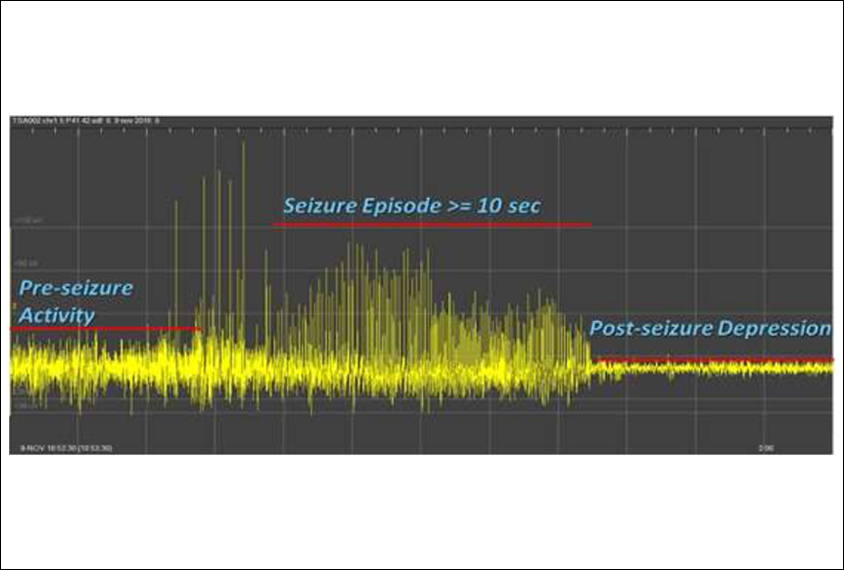
Cancer drug wards off seizures in mouse model of tuberous sclerosis
A drug called rapamycin prevents seizures in a mouse model of the autism-related condition tuberous sclerosis complex.
Explore more from The Transmitter
Five things to know if your federal grant is terminated
If you want to appeal the decision, know the rules that govern terminations, as well as the specific rationale given in your notice, science policy experts say.

Five things to know if your federal grant is terminated
If you want to appeal the decision, know the rules that govern terminations, as well as the specific rationale given in your notice, science policy experts say.
It’s time to examine neural coding from the message’s point of view
In studying the brain, we almost always take the neuron’s perspective. But we can gain new insights by reorienting our frame of reference to that of the messages flowing over brain networks.
It’s time to examine neural coding from the message’s point of view
In studying the brain, we almost always take the neuron’s perspective. But we can gain new insights by reorienting our frame of reference to that of the messages flowing over brain networks.
Autism traits, mental health conditions interact in sex-dependent ways in early development
Here is a roundup of autism-related news and research spotted around the web for the week of 31 March.

Autism traits, mental health conditions interact in sex-dependent ways in early development
Here is a roundup of autism-related news and research spotted around the web for the week of 31 March.